While Seattle and Portland might dominate coffee conversations, smaller cities across America have developed rich bean scenes that rival their bigger counterparts. These mid-sized municipalities have transformed their downtowns and neighborhoods through the distinct aroma of freshly roasted coffee, creating community spaces that celebrate craftsmanship and quality.
Here is a list of 15 smaller cities where coffee culture runs deep and local roasters are revolutionizing how Americans experience their daily brew.
Bellingham, Washington
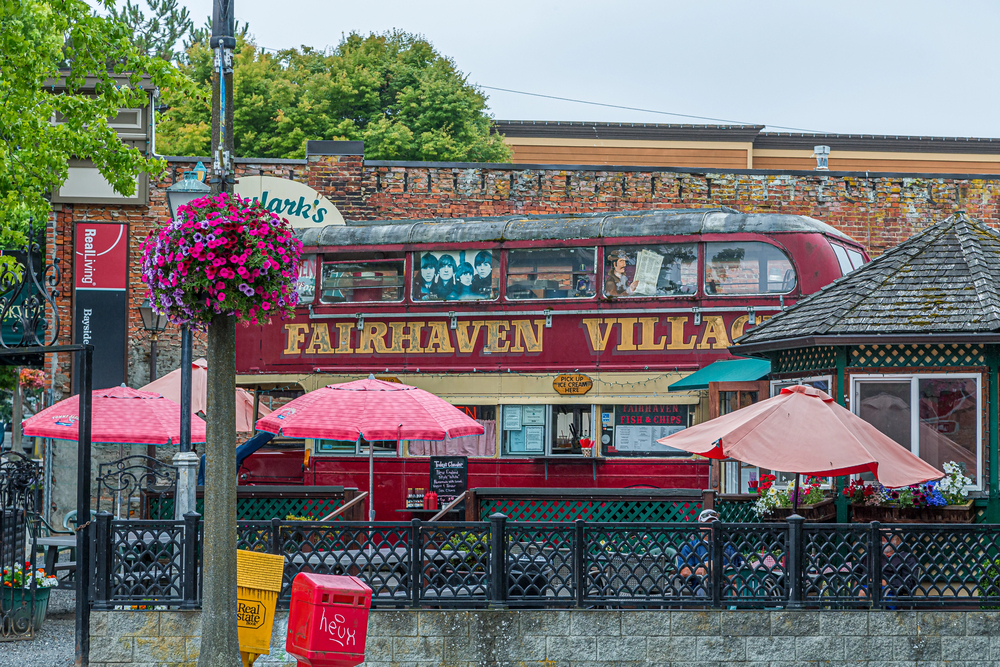
Nestled between Seattle and Vancouver, this college town has developed a coffee identity distinct from its famous neighbor to the south. The city’s proximity to shipping routes creates direct access to green coffee beans, allowing micro-roasters to establish direct trade relationships with growers in coffee-producing regions. Western Washington University students provide a consistent customer base supporting experimental brewing methods and unusual varieties of beans that might not find audiences elsewhere.
Former lumber mill buildings along the waterfront have been converted into airy coffee spaces where massive windows frame views of Bellingham Bay. Patrons sip meticulously prepared pour-overs in the natural light. The city hosts an annual “Barista Jam,” where coffee professionals compete in technical challenges while educating consumers about subtleties in preparation methods.
Bozeman, Montana
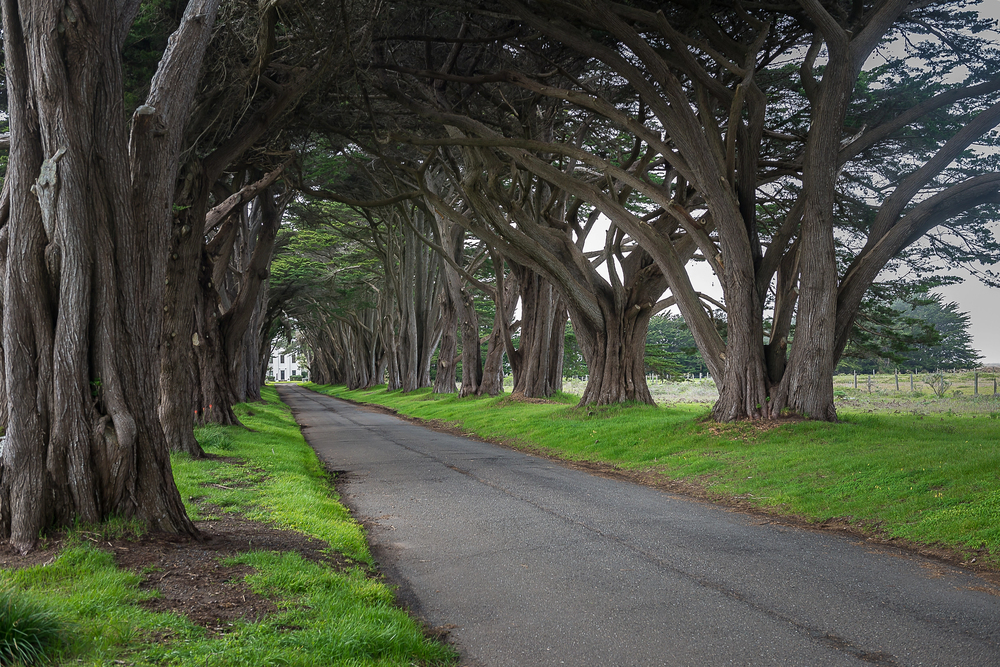
Despite its remote location, this mountain town supports over a dozen independent coffee shops powered by several local roasters who have developed high-altitude roasting techniques specific to the mountain environment. Coffee professionals cite the exceptional local water quality—low in minerals and sourced from snowmelt—as fundamental to the city’s superior brewing capabilities.
The Montana State University influence creates an intellectually curious customer base willing to explore single-origin beans and processing methods typically found only in coastal cities. Cold brew preparation takes unique forms here, with slow-drip towers developed specifically for the dry climate that produce less acidic results than methods used at lower elevations. The proximity to Yellowstone brings international visitors who spread the reputation of Bozeman’s coffee scene worldwide.
Like Travel Pug’s content? Follow us on MSN.
Burlington, Vermont
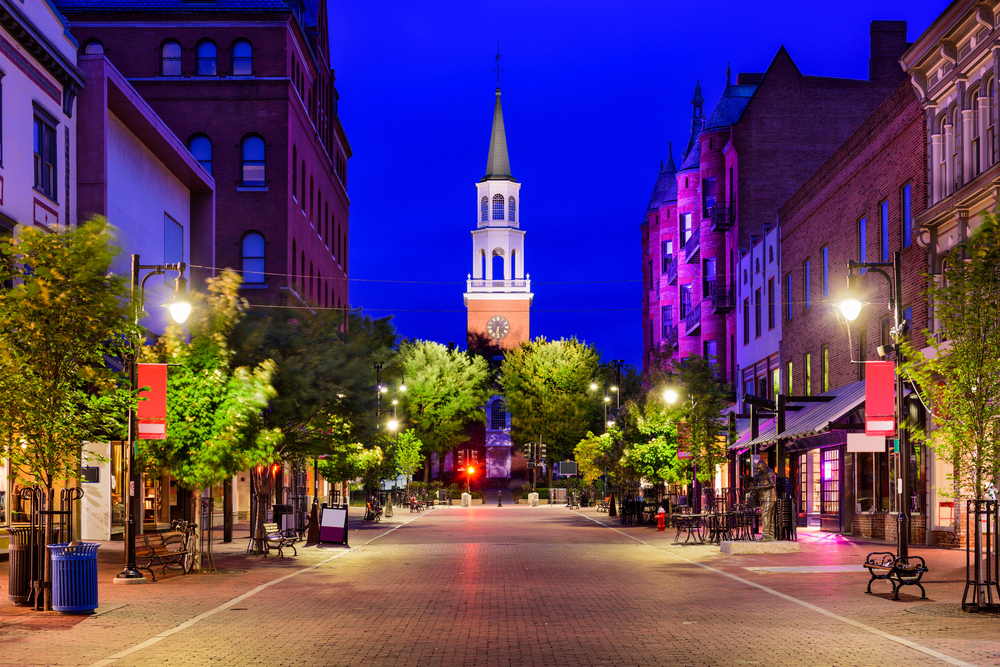
This lakeside city has pioneered sustainable coffee practices through close partnerships between local roasters and the University of Vermont’s food systems programs. Lake Champlain’s climate-moderating effect creates ideal conditions for bean storage, allowing roasters to maintain larger green coffee inventories with less quality degradation than typically experienced in areas with more extreme temperature fluctuations. The city’s progressive values extend to coffee sourcing, with most local cafés maintaining transparently priced direct trade relationships that return higher percentages to farmers than conventional supply chains.
Winter months see the popularity of maple-infused coffee concoctions unique to Vermont, created through collaboration between roasters and the state’s syrup producers. Summer brings outdoor coffee gardens where cold brew options complement views of the Adirondack Mountains across the lake.
Asheville, North Carolina
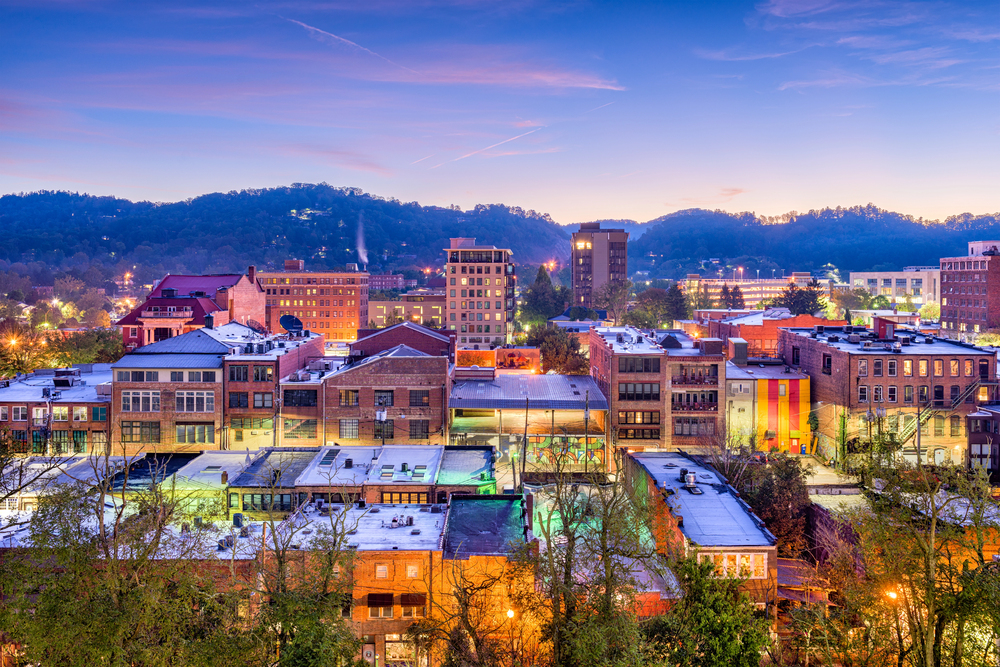
The artistic mountain community has transformed coffee into a craft companion to its renowned beer and music scenes, with local roasters focusing on the performance aspect of preparation. Many baristas transition between daytime coffee service and evening roles as musicians or artists, bringing creative expression to both vocations. The city’s distinctive mineral-rich water requires specialized filtration systems developed specifically for extracting optimal flavors from different coffee varieties.
Historical buildings throughout downtown feature original brick walls and hardwood floors that create warm acoustics, complementing the social atmosphere of the coffee experience. Local roasters work directly with importers specializing in experimental processing methods from emerging growing regions, bringing new flavor profiles to the Southern Appalachian coffee landscape.
Ann Arbor, Michigan

University of Michigan’s academic influence has created coffee spaces that double as intellectual forums, with scientific approaches to brewing methods supported by research from the school’s food science department. The city hosts a disproportionate number of coffee professionals who have won national competitions, creating an environment where technical excellence sets baseline expectations for even neighborhood cafés. Winter weather encourages the development of extended café spaces designed for comfortable lingering, with architectural details preserving historic character while accommodating modern coffee preparation equipment.
Local roasters have pioneered barrel-aging techniques for green coffee beans, partnering with Michigan’s craft distilleries to create unique flavor profiles unavailable elsewhere. The student population provides a testing ground for innovative coffee concepts that often spread nationally when graduates relocate after completing their degrees.
Like Travel Pug’s content? Follow us on MSN.
Spokane, Washington
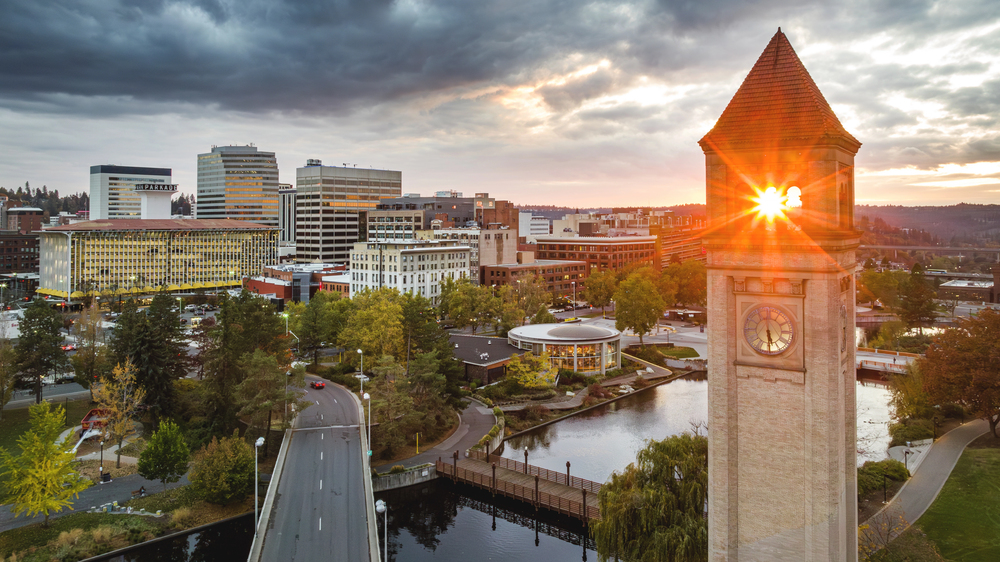
This Inland Northwest city has developed coffee traditions distinct from coastal Washington, with roasters focusing on approachable profiles that bridge specialty coffee appreciation with everyday drinking preferences. Abundant hydroelectric power from the Spokane River enabled the early adoption of electric roasting technology that produces notably consistent results across seasonal changes in humidity and barometric pressure. Renovated flour mills and railroad buildings provide atmospheric café spaces where industrial architecture complements modern brewing equipment.
The city’s position as a regional medical hub brings professionals from throughout the rural Northwest, creating sophisticated coffee demand in an otherwise isolated location. Local cafés have pioneered community ownership models where regular customers can purchase shares in businesses, creating deeper connections between consumers and their daily coffee sources.
Providence, Rhode Island
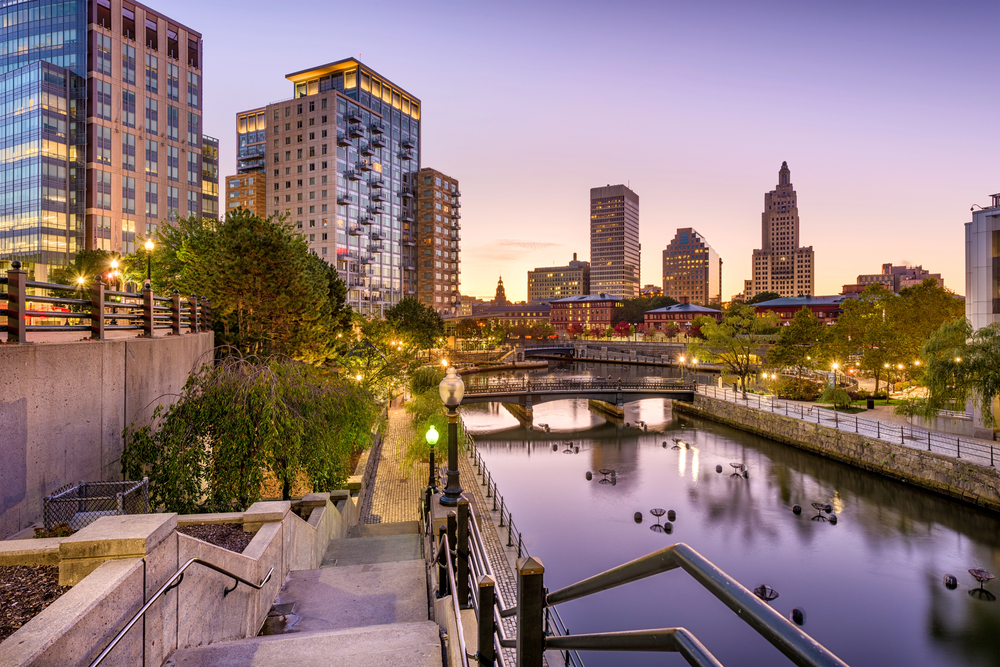
The Rhode Island School of Design and Brown University have influenced this city’s coffee aesthetic, with cafés doubling as galleries where visual presentation receives as much attention as flavor development. The city’s industrial history provides abundant repurposed spaces where high ceilings and natural light create ideal environments for both coffee enjoyment and creative work. Local roasters have developed specialized profiles complementing the Portuguese sweet breads and pastries that reflect the region’s immigrant heritage.
The compact downtown makes Providence one of the few cities where residents can walk between a dozen distinct coffee experiences within minutes, creating an unusually concentrated bean scene. Winter weather patterns have encouraged the development of distinctive hot coffee cocktails that blend New England rum traditions with modern coffee preparation techniques.
Madison, Wisconsin
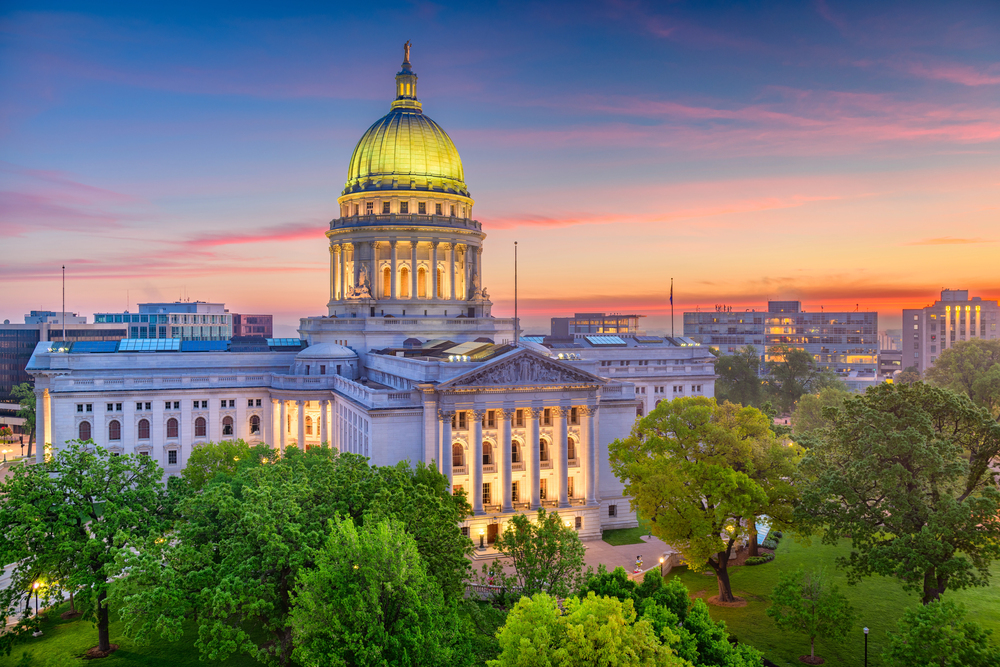
The state capital combines agricultural expertise from the University of Wisconsin with progressive politics to create coffee businesses focused on sustainability and farmer equity. The isthmus geography concentrates the downtown coffee scene along a narrow corridor where competing cafés have developed distinct identities despite their proximity. Local dairy quality has inspired specialized milk-based drinks that showcase Wisconsin’s exceptional cream and butter through techniques developed specifically for regional products.
The harsh winters have prompted café designs emphasizing hygge concepts with radiant floor heating and strategic natural light placement for maximum warmth during short days. Summer brings coffee carts to the shores of Lake Mendota and Monona, where cold brew options complement water activities during the brief but intense warm season.
Like Travel Pug’s content? Follow us on MSN.
Eugene, Oregon
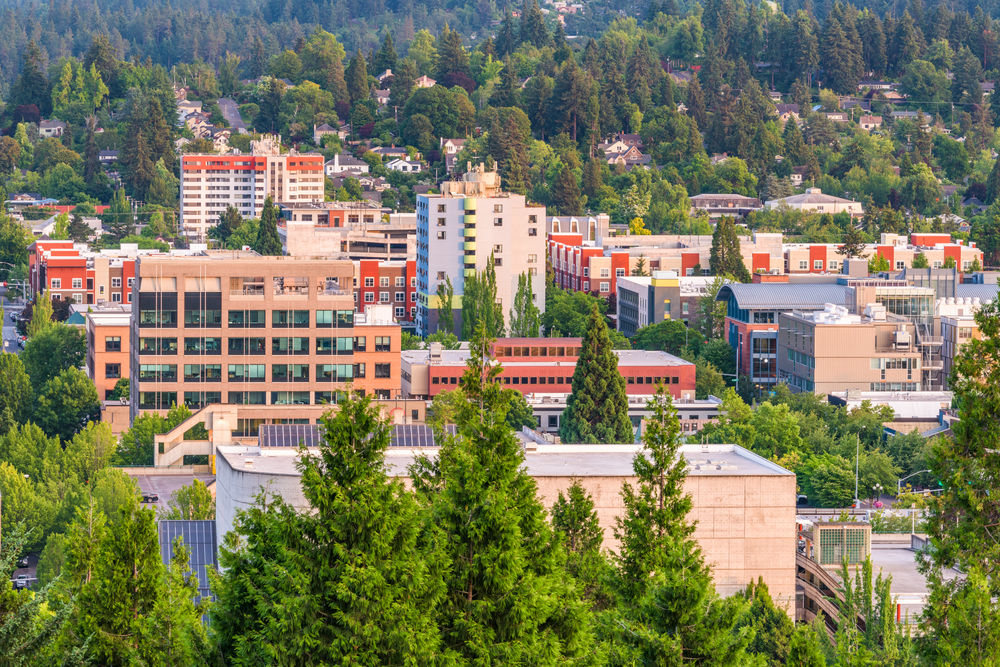
Living in Portland’s shadow has motivated this smaller city to develop distinctive coffee approaches, highlighting connections between coffee growing and the region’s agricultural values. The University of Oregon hosts specialized sensory research labs where coffee professionals develop a tasting vocabulary that has influenced specialty coffee communication nationwide. Multiple roasters operate within walking distance of downtown, creating a concentration of freshly roasted options unmatched in similarly sized cities.
Proximity to the Willamette Valley wine industry has created crossover expertise, with coffee professionals adopting evaluation techniques traditionally used for wine tasting. The city’s bicycle culture integrates with coffee consumption through specialized café designs accommodating cyclists and mobile coffee carts serving popular riding routes during pleasant weather months.
Athens, Georgia

The University of Georgia’s influence combines with the city’s renowned music scene to create coffee spaces that function as creative incubators while serving exceptional beverages. Historic buildings throughout downtown feature covered porches and courtyards ideal for year-round outdoor coffee enjoyment in the moderate Southern climate.
Local roasters have pioneered experimental processing methods using Georgia agricultural products, including peach-fermented coffees that highlight connections between tropical coffee-growing regions and local farming traditions. The music heritage has influenced café audio environments, with many shops featuring vinyl collections and high-fidelity sound systems designed specifically for their acoustic spaces. Warm evening temperatures most of the year have encouraged the development of distinctive cold coffee options beyond traditional iced preparations.
Chattanooga, Tennessee
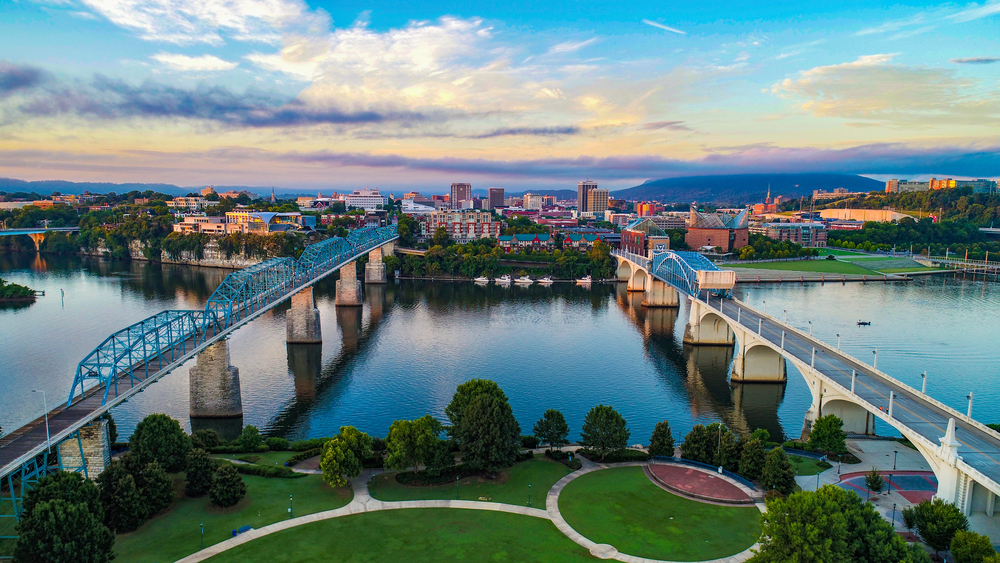
This reinvented industrial city has integrated coffee into its economic redevelopment, with cafés anchoring neighborhood revivals throughout formerly vacant districts. The Tennessee River provides scenic backdrops for waterfront coffee experiences unique among inland cities, with converted warehouses featuring massive windows framing bridge and water views. The city’s outdoor recreation culture has influenced coffee packaging, with several roasters developing compostable containers and lightweight options designed specifically for hikers and climbers visiting nearby mountains.
High-speed municipal internet—among the nation’s fastest—has made cafés particularly attractive for remote workers who contribute to the city’s growing technology sector. Local coffee businesses pioneered the adaptive reuse of historic buildings before the practice became common elsewhere, preserving architectural details while creating thoroughly modern coffee experiences.
Like Travel Pug’s content? Follow us on MSN.
Missoula, Montana

This Rocky Mountain University town has developed coffee traditions connected to outdoor culture, with cafés designed to transition between adventure planning spaces and comfortable recovery environments. Multiple roasters operate production facilities within city limits, creating an unusually high availability of freshly roasted beans relative to the population size. The Clark Fork River flowing through downtown provides scenic café settings where coffee enjoyment connects with Montana’s natural beauty even within urban confines.
The university brings international students who have influenced coffee preparation methods, introducing traditional techniques from their home countries that local baristas have adapted to Montana ingredients. Extreme seasonal temperature variations have prompted the development of specialized brewing methods optimized for different weather conditions throughout the year.
Portsmouth, New Hampshire
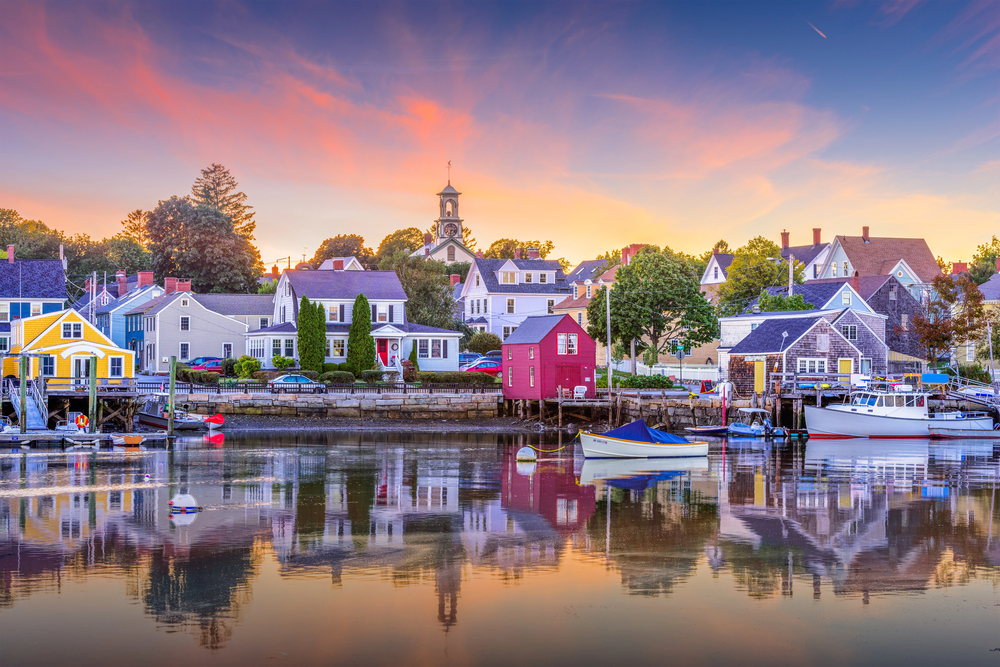
This coastal town combines maritime heritage with New England practicality to create coffee spaces that honor tradition while embracing specialty coffee innovation. The walkable downtown concentrates multiple café experiences within a compact historic district where buildings dating to the 1700s have been thoughtfully adapted to accommodate modern coffee preparation requirements. Proximity to the ocean moderates temperatures, creating comfortable outdoor coffee environments for more months than typically available in northern New England.
Local roasters highlight the historical connection between coffee trading and New Hampshire’s maritime past through educational programs and shipping-themed packaging. The tourism industry creates seasonal fluctuations that have prompted the development of efficient service models handling summer crowds without compromising quality during quieter winter months.
Bloomington, Indiana

Indiana University’s world-class music school has influenced this small city’s coffee culture, with performance-minded baristas and acoustically designed cafés creating total sensory experiences. The limestone geology provides mineral-rich water requiring specialized filtration systems developed specifically for extracting optimal coffee flavors in this unique environment. Historical academic connections to coffee-growing regions in Central and South America have facilitated direct trade relationships uncommon in Midwestern cities of similar size.
Campus proximity ensures late operating hours at many cafés, creating coffee spaces that transition from daytime study environments to evening social venues. The city hosts regional barista competitions that draw competitors from throughout the Midwest, establishing Bloomington as a coffee destination despite its relatively isolated location.
Like Travel Pug’s content? Follow us on MSN.
Anchorage, Alaska

Extreme daylight variations and cold temperatures have created unique coffee traditions in Alaska’s largest city, where cafés provide essential community spaces during long winter months. The port location enables direct importing of green coffee beans, giving local roasters unusual access to fresh crop arrivals despite the remote northern location.
Extended darkness creates circumstances where customers might experience their entire waking day while inside a coffee shop, prompting designs focused on full-spectrum lighting and ergonomic seating. Summer brings the opposite challenge with nearly constant daylight, leading to distinctive cold brew methods utilizing slow extraction during cool nights. The international airport brings global visitors who spread Alaska’s coffee reputation worldwide while creating demand for exceptional quality unusual in cities of comparable size.
The Grounds for Community

These smaller cities demonstrate how coffee culture transcends mere beverage service to become foundational community infrastructure. Through thoughtful sourcing, skilled preparation, and intentional space design, coffee businesses in these locations have created environments where quality cups serve as catalysts for conversation, creativity, and connection.
The distinctive characteristics of each city influence everything from water chemistry to architectural adaptation, proving that coffee culture truly reflects the unique attributes of place and people. These communities show that exceptional coffee experiences don’t require metropolitan populations—just passionate people dedicated to brewing something special.
More from Travel Pug

- Cities Growing so Fast You Won’t Recognize Them in 10 Years
- 13 Destinations Where Tourists Regularly Regret Their Trip
- 16 U.S. Cities That Are Quietly Becoming Travel Hotspots
- Where to Travel If You Love Long Bus Rides and Daydreams
- 20 Cities Perfect for Solo Travelers Who Crave Adventure & Culture
Like Travel Pug’s content? Follow us on MSN.
